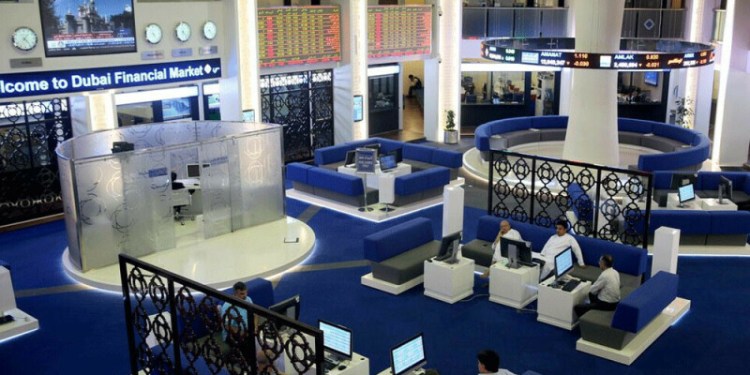LONDON: Sterling fell on Wednesday for the twelfth consecutive day as the US dollar strengthened, leaving the pound at its weakest since June 2017 and facing its longest losing streak since the depths of the financial crisis in 2008.
Sterling has weakened sharply in August as traders grow increasingly worried that the UK will crash out of the European Union next year without a trade deal, and as the dollar has surged.
On Wednesday the pound slipped further to a new 13-month low of $1.2689 while the dollar extended its recent rally, and after UK price rises for the month of July came in as expected. A twelfth session of losses would match its record in August 2008.
Against the euro, after initially strengthening, the pound gave up most of its gains and was up 0.1 percent to 89.180 pence per euro.
“It’s not just a question of Brexit, it’s also a recognition that the UK economy has not been particularly strong,” Aviva Investors head of multi-asset funds Sunil Krishnan said.
“So, recognising there will be a great deal of volatility in sterling in both directions as we have news and rumour around Brexit you can see a weakening trend for sterling…we are generally underexposed to sterling and position for sterling to weaken a bit more from here,” he said.
Consumer price inflation nudged up to 2.5 percent year-on-year in July from 2.4 percent the previous month, in line with a Reuters poll of analysts, data showed on Wednesday.
The rise is the first time inflation has picked up in 2018 and leaves many British households still feeling squeezed – workers’ wagers have failed to keep up with inflation for much of the past decade.
Data this week showed British workers’ wages rising at their slowest rate for nine months, up 2.4 percent annually, although there was a surprise fall in the unemployment rate.
“What is likely to be more concerning domestically is that inflation is once again outpacing wage growth, which will lead to the question over whether the Bank of England (BoE) might be tempted to lean towards another increase in UK interest rates,” FXTM market analyst Jameel Ahmad said.
The pound was largely unmoved by the inflation data, with the performance of the dollar a bigger factor for the currency on Wednesday.
Source: Brecorder



























